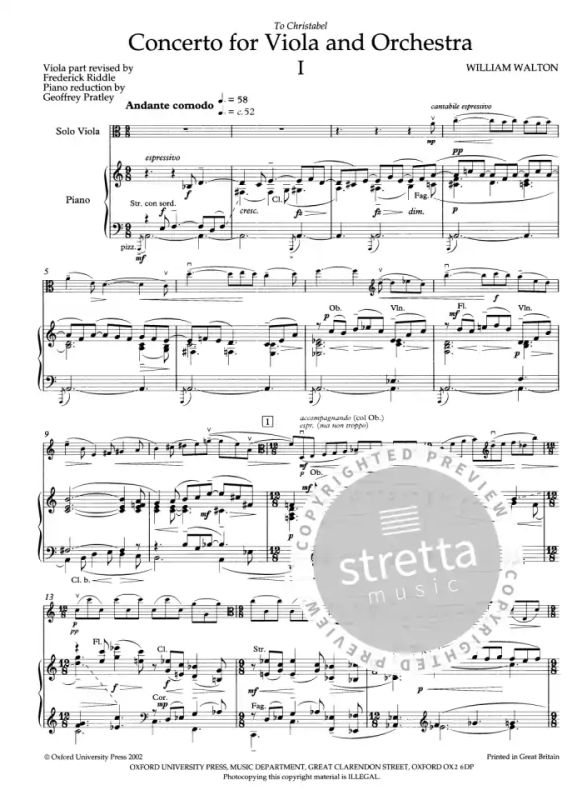

The story goes that Kyung-Wha Chung asked Walton why he made the movement so difficult, and he quipped, “That damned Heifetz” the notes cite Walton’s earlier remarks about the concerto being originally conceived as more intimate than flashy.

Heifetz and company shine in these moments-just compare the sizzle in the finale’s coda. In the finale, Bowes seems most effective in the passages that soar into the highest registers, while he’s relatively stodgy in the statements of the quirky theme in double-stops and their related passagework. On the whole, however, he presents a moody alternative version of the movement that the concerto’s admirers should find both fascinating and satisfying. Despite its quicksilver virtuosity, Bowes seems more secure in it, though he also includes several almost outrageous portamentos in the moody episodes. The generally excellent notes relate that Walton had suffered a tarantula bite before writing the second movement and, surviving, encapsulated the experience there. That’s not to say, however, that the lyrical moments in the first movement aren’t as touching as they should be or that the soloist and orchestra don’t share a common view of the work’s possibilities. Whether or not the concerto will tolerate a wide range of performing styles, some things seem to lie outside the bounds. At times, too, he employs an almost over-the-top portamento. Actually, Bowes never really gets into trouble, but he hardly makes the double-stops combined with rapid string crossings sound secure. Bowes’s technical command in some of the first movement’s fireworks doesn’t seem complete, either if you listen to a recording with bated breath, hoping against hope it won’t happen, the soloist’s in trouble. Bowes draws a rich tone from the lower registers of his 1659 Nicolo Amati and a brilliant-silvery one in the stratosphere, but he or the violin may seem to strain midrange (the engineers have captured that violin center stage, while still allowing plenty of depth for the orchestral sound). It’s clear from the first few notes of William Walton’s Violin Concerto that violinist Thomas Bowes’s approach to the work resembles Lydia Mordkovitch’s or Aaron Rosand’s lyricism more closelyRead more than it does Jascha Heifetz’s, Zino Francescatti’s, or Kyung-Wha Chung’s bite. Thomas Bowes (vn) Joseph Swensen, cond Malmö Op O.


 0 kommentar(er)
0 kommentar(er)
